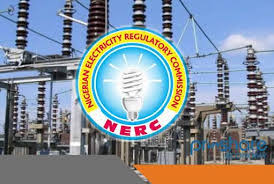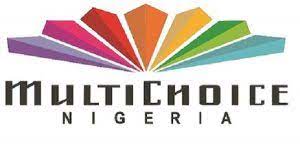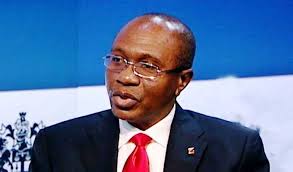The Nigerian Electricity Regulatory Commission (NERC) has reported that the Federal Government subsidized the cost of electricity consumed by users in the country with a total of N135.23 billion in the second quarter of this year.
The second quarter’s electricity subsidy represented a 275% quarter-on-quarter increase over the N36.02 billion paid by the government in the first quarter.
The Commission in a report on the subsidy attributed the rising trend to the lack of cost-reflective tariffs across all electricity distribution companies (DIsCos) as well as the government’s decision to unify rates which led to a devaluation of the Naira.
Without the cost-reflective tariffs, the government decided to take up the fiscal burden to cover the difference between the cost-reflective and the permitted tariff in the form of tariff shortfall funding.
It would be recalled that in July, the NERC informed consumers that the DisCos had filed an application for rate review with the commission and advised them to come up with suggestions for fair and cost-effective tariff regime in the power sector.
Specifically, the DisCos stated that their request for rate review was premised on the need to incorporate changes in macroeconomic parameters, including the devaluation of the Naira, and other factors affecting the quality of service, operations and sustainability of the companies.
Under the MYTO 2022 guidelines intended to set electricity tariffs for consumers over 15 years, from 2008 to 2023, the previously set exchange rate of N441/$1 may be revised to approximately N750/$1, which implies that current realities necessitate an increase in tariffs.
The guidelines provided for minor reviews of the industry’s pricing structure twice a year (announced on 1 December and 1 June) and major reviews every five years.
Based on this, a new tariff structure was introduced in June 2012 to increase tariffs based on some key assumptions that underlay the 2008 MYTO had not been met and others did not reflect the actual operating environment.
Since 2014 when the first adjustment was announced, there have been series of tariff adjustments to the MYTO II tariff but the DisCos continue to insist that the revised tariffs are still not cost-reflective.




